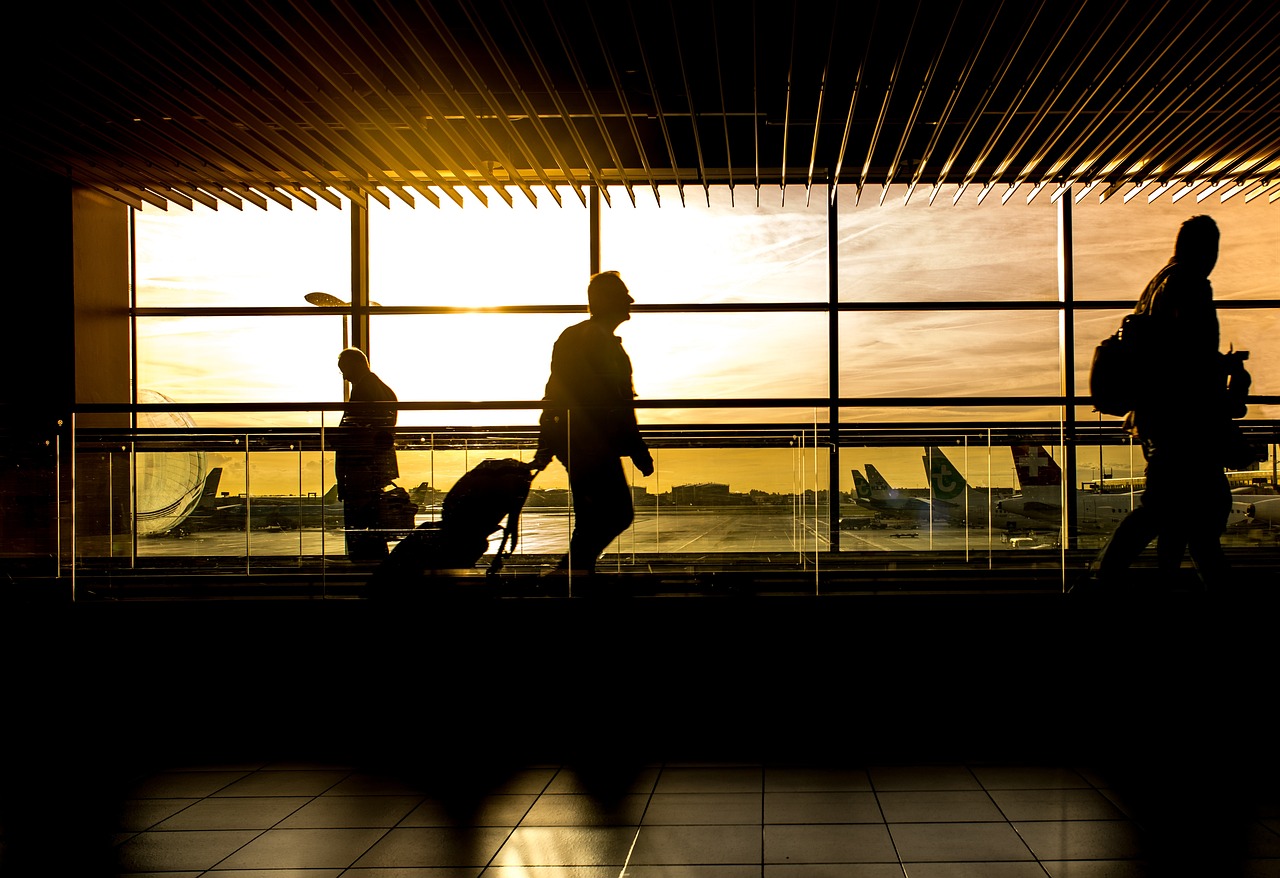In today’s world, airlines have become a significant part of the world economy. With businesses becoming increasingly international these days, it is no surprise that business travelers and other passengers bring in a large sum of revenue for these airline companies. So, you might wonder, how much airline revenue comes from business travelers?
While airlines may occasionally receive government bailouts, most of their income comes from paying customers. Additional revenue streams beyond the price of tickets are available to airlines in the form of various fees charged to customers. However, how much money do airlines actually make? And what percentage of that money is made up of passenger fees? Those figures will surely shock you!
1. How Much Money do Airlines Really Make?
Before we can learn how much airline revenue comes from business travelers, let’s look at airline companies’ general revenue stream. About 60% of their income is generated directly from their passengers.
As for the other 40%, airline companies sell flyer miles to different companies and travel partners such as hotels or vehicle renting firms. The cost of airfare, fees, and other traveling expenses charged by the airline is also included in this figure.
How Much Airline Revenue Comes From Business Travelers?
As mentioned above, 60% of airline revenue comes from passengers, but business travelers fill 60%. Business passengers, as opposed to leisure or personal travelers, account for a significant share of the industry’s revenue. Despite making up 12% of all airline passengers, business travelers generate twice as much revenue due to their higher average ticket prices and tendency to purchase tickets at the last minute.
Business travelers account for as much as 75% of a flight’s income for some airlines! Additionally, private chartered flights are available for business travelers and celebrities. To go to and from Atlanta, look through Private Jet Atlanta to compare prices and availability.
The Impact of Covid-19 on Airline Revenue
The global pandemic began in late 2019 and significantly impacted airline revenue. Total airplane traffic was cut by 96% in April 2020 compared to the same period in 2019. While it has “recovered” to only being down roughly 70% as of the first week of October 2020 compared to the same week in 2019, it is clear that this occurrence has changed due to the pandemic.
In 2020, business travel, in particular, had been severely reduced due to the widespread use of Virtual meetings and the fact that most corporate personnel work remotely. Even while business and consumer bank card customers aren’t redeeming for free travel in the present climate, they are nevertheless contributing to airline profitability by accumulating miles and points with regular spending.
2. Corporate Travel Policies’ Effect on Airline Revenue
In the past, corporate traveling laws were made to emphasize reducing costs. However, managers cared about their employees’ comfort, convenience, and productivity because it was unproductive if an employee arrived too tired or stressed out to accomplish their work, and air travel was notoriously inconvenient. Companies were willing to pay more for last-minute or nonstop flights but not for seats in the planes first class.
First-class and business-class tickets can be up to ten times the price of regular tickets but are often necessary for high-ranking executives and employees entitled to preferential treatment under the company’s travel policy. If you’re willing to pay a little more, you can get better service and nicer extras than you would with an economy ticket.
The demand for these products and services among businesses and affluent consumers fuels competition among airlines for the most profitable passengers. Attracting new customers is a top priority for many airlines, so they’re constantly testing out new aircraft technologies and sprucing up their planes to make them more comfortable for first-class travelers.
Additionally, Both business and luxury travelers generate significant revenue for airlines through the use of loyalty programs and the purchase of additional services.
3. The Shift in Focus Towards Business Travel
Now that the opportunity to profit greatly from business travel is out in the open, airlines have now focused their attention on this subject. With new efforts to make their airline more attractive, such as cutting delays with advanced technology to draw in business to their airline services.
Apart from this, Airlines have also tried other measures, such as coordinating with corporate travel managers to provide lower prices or comparing a passenger’s status with that of other loyalty programs in order to find the best possible option for them.
4. Loyalty Programs and Their Effect on Airline Revenue
When business and first-class customers link their cards to their frequent flyer accounts, airlines gain important insight into their consumption and spending habits. Consumers in the upper-income income bracket have a substantial amount of discretionary funds available to spend on a wide variety of products and services. As part of their marketing strategy and product development processes, many companies either collect or buy data about customer purchasing habits.
Airlines profit greatly from frequent flyer points data on high-end consumers. Some frequent flyer programs are worth many times the airlines that own them. Most airlines use incentive schemes to increase revenue and ticket prices. Many firms value this data and are prepared to pay for airline-friendly programs. Due to travel redemption or expiration, “breakage” reduces program costs and profit contribution.
Conclusion
Whether you travel business, economy, or first-class, it is crucial to ensure you get the best possible deal. The bottom line is airlines have several ways of generating revenue. Still, most of their income is generated from business travelers who frequently use their charter services.
Researching airline tickets and charges and utilizing a travel rewards credit card to collect miles or points on those purchases might help you manage your travel budget. We hope this article helped you find the answer to the question, “ How much airline revenue comes from business travelers?”







